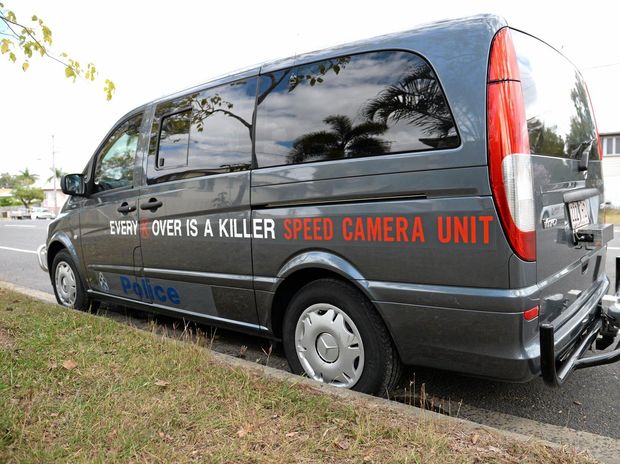NTC to Crackdown on Speeding

In an effort to reduce heavy vehicle speeding, Australians are being asked for input on 2 new proposals.
In an article on BigRigs.com.au, Chief Executive of the National Transport Commission (NTC) Paul Retter was quoted, explaining that despite a range of regulatory and speed detection tools, heavy vehicles are still involved in too many fatal and serious injury crashes, in fact they are over-represented in road crashes.
Mr Retter says heavy vehicles cause a number of crashes with a few drivers still breaking the law. He went on to state,
“Speed is still a major cause of heavy vehicle crashes and while the majority of drivers do the right thing, we need to ensure there are effective deterrents for the few who are determined to break the law,” Mr Retter said.
Source: http://www.bigrigs.com.au/news/ntc-proposes-stricter-speeding-enforcement-and-res/3025029/
He also highlighted the importance of ensuring that everyone in the chain of responsibility is held to account for their role in speeding,
“We also need to keep making sure off-road parties are held to account for any putting any undue pressure on drivers to speed.
“For these reasons, a number of our stakeholders have asked the NTC to find out if there are further ways that the National Heavy Vehicle National Law can work to deter heavy vehicle drivers from speeding.”
Source: http://www.bigrigs.com.au/news/ntc-proposes-stricter-speeding-enforcement-and-res/3025029/
There are 2 possible amendments to the Heavy Vehicle National Law that the NTC is seeking feedback on, they are as follows:
-
an evidentiary provision that deems a speed limiter non-compliant if a vehicle is detected travelling at or above 115 kilometres per hour, and
-
a power to immediately ground heavy vehicles travelling 15 kilometres per hour or more over posted or default speed limits.
Source: http://www.bigrigs.com.au/news/ntc-proposes-stricter-speeding-enforcement-and-res/3025029/
Currently all heavy vehicles over 12 tonnes gross vehicle mass (GVM) and all buses over 5 tonnes GVM are required to be fitted with a speed limiter. These are set to a maximum speed of 100km per hour.
If the first proposal were to be implemented, any heavy vehicle travelling at or above 115km per hour will be taken as having a non-compliant speed limiter and therefore be in breach of vehicle standard requirements.
Mr Retter explained that currently, its technically difficult for enforcement officers to demonstrate a speed limiter is non-compliant. If the proposal were implemented, it would be easier to prosecute those that break the law, and therefore be more of a deterent. As the writer highlights a similar provision is in place in NSW already.
There is a second proposal which would give the power for officers to temporarily stop heavy veicles from travelling on the road if they are found driving 15km over the speed limit.
The proposals are aimed at holding all parties, even those off-road, responsible for speeding.
Read more at http://www.bigrigs.com.au/news/ntc-proposes-stricter-speeding-enforcement-and-res/3025029/
